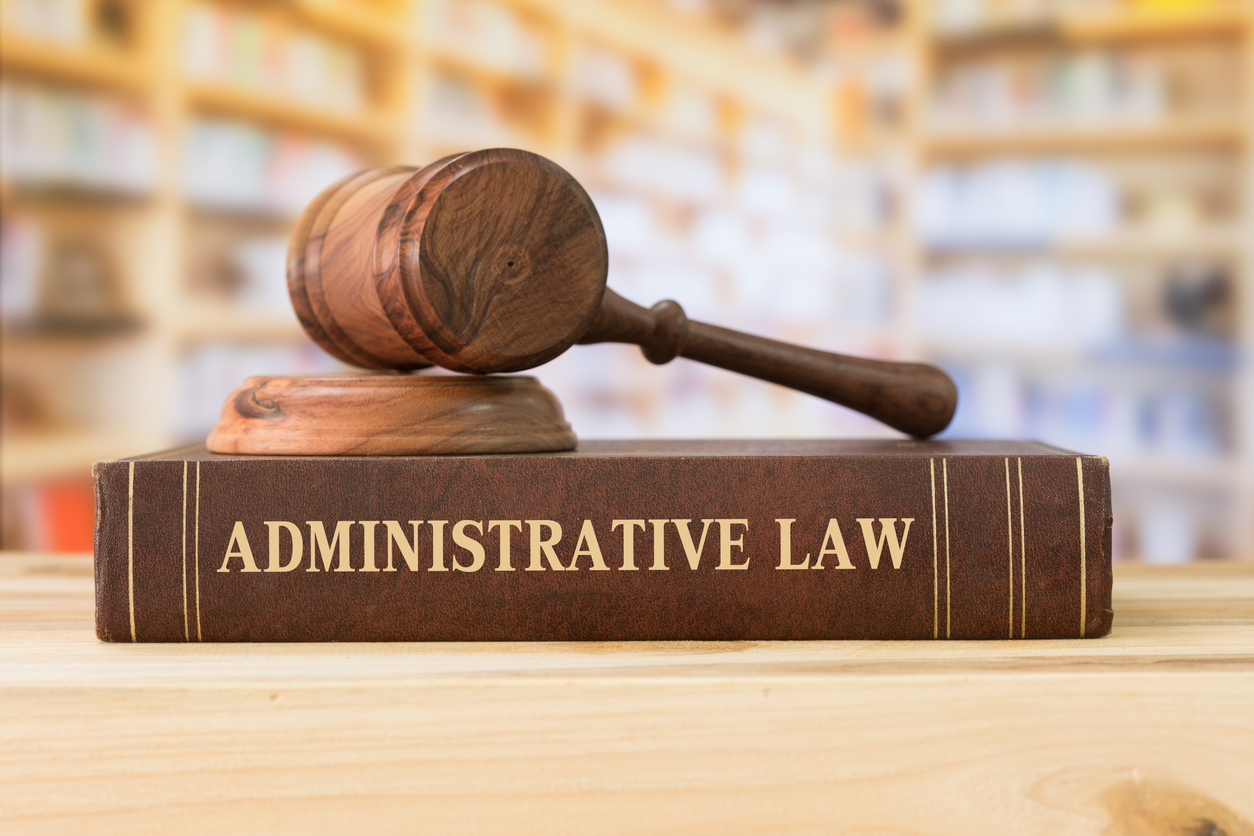
In the realm of property insurance law, the decisions of Louisiana Federal District Court Judge James Cain are pivotal, particularly given his current docket brimming with hurricane-related cases. His judgments are poised to significantly influence the landscape of Louisiana property insurance law for the foreseeable future. A notable instance is his recent Order,1 which rejected American insurers’ motion to compel arbitration and to enforce the application of a foreign state’s law.
This development underscores the necessity for other state legislatures to emulate Louisiana’s legal framework. Such measures are crucial to prevent policyholders from being compelled to arbitrate disputes in locations distant from where the loss occurred. This issue is particularly prevalent in policies offered by American surplus lines carriers, which insurance agents should approach with caution. Selling these policies often leads to surplus lines carriers evading accountability for underpaying and delaying claims.
The case in question revolves around damages stemming from Hurricanes Laura and Delta, which struck near Lake Charles, Louisiana. The Town of Vinton initiated a lawsuit, alleging that the insurers had underpaid and unjustly delayed the adjustment of their claim. In response, the insurers invoked arbitration clauses and the applicability of New York law. However, the Town of Vinton successfully argued against compliance with these stipulations, contending that:
Louisiana law prohibits arbitration agreements in insurance policies. Louisiana’s antiarbitration law is contained in La. R.S. 22:868(A)(2):
A. No insurance contract delivered or issued for delivery in this state and covering subjects located, resident, or to be performed in this state, or any group health or accident policy insuring a resident of this state regardless of where made or delivered, shall contain any condition, stipulation, or agreement either:
…
(2) Depriving the courts of this state of the jurisdiction or venue of action against the insurer.
Moreover, La. R.S. 9:2778 prohibits provisions in a contract with a political subdivision of the state that requires an arbitration proceeding to be brought outside of Louisiana:
A. The legislature finds that with respect to public contracts involving the state or a political subdivision of the state, provisions in such agreements requiring disputes arising thereunder to be resolved in a forum outside of this state or requiring their interpretation to be governed by the laws of another jurisdiction are inequitable and against the public policy of this state.
B. The legislature hereby declares null, void, unenforceable, and against public policy, any provision in a contract, subcontract, or purchase order, as described in Subsection A, which either:
(1) Requires a suit or arbitration proceeding to be brought in a forum or jurisdiction outside of this state.
(2) Requires interpretation of the agreement according to the laws of another jurisdiction.
Judge Cain’s ruling initially stated the law on this complex legal issue:
Louisiana law prohibits arbitration agreements in insurance policies covering property within the state. La. R.S. § 22:868(A)(2). Under the McCarran-Ferguson Act, state laws regulating insurance are shielded from the preemptive effect of federal law. 15 U.S.C. §§ 1011, 1012. Accordingly, McCarran-Ferguson allows state laws like Louisiana Revised Statute section 22:868(A)(2) to ‘reverse-preempt’ the Federal Arbitration Act’s provisions on the enforceability of insurance agreements….However, this “reverse preemption” applies only to “Acts of Congress” and not to treaties. Safety Nat’l Cas. Corp. v. Certain Underwriters at Lloyd’s, London, 587 F.3d 714, 723 (5th Cir. 2009). The Convention on the Recognition and Enforcement of Foreign Arbitral Awards (the ‘Convention’) is one such treaty and requires signatory nations to ‘ ‘recognize an agreement in writing under which the parties undertake to submit to arbitration’ their dispute ‘concerning a subject matter capable of settlement by arbitration.’ ‘ Id. at 719 (quoting Convention on the Recognition and Enforcement of Foreign Arbitral Awards art. II(1), June 10, 1958, 21 U.S.T. 2517, 330 U.N.T.S. 3)). State insurance law thus has no impact on arbitration agreements arising under the Convention.
If the case involved non-American companies, the treaty convention would arguably apply, and the arbitration provision would be valid because treaties overrule state law. This is not the case where only American insurers are involved.
Judge Cain also ruled favorably regarding The Town of Vinton’s choice of law argument and against the application of New York law:
Vinton also contends that choice of law in this case points to Louisiana. Louisiana law requires all insurers doing business in Louisiana to comply with the Insurance Code. Louisiana Revised Statute 22:12. Louisiana Revised Statute 22:868(A)(1) prohibits ‘any condition, stipulation, or ‘agreement’ in an insurance contract ‘requiring it to be construed according to the laws of any other state. Louisiana Revised Statute 9:2778 prohibits ‘any provision in a contract’ ‘involving … a political subdivision of the state’ that ‘requires interpretation of the agreement according to the laws of another jurisdiction.’ The Arbitration Agreement provides that ‘[t]he seat of the Arbitration shall be in New York and the Arbitration Tribunal shall apply the law of New York as the proper law of this insurance,’ and further states that ‘[t]he Arbitration Tribunal may not award exemplary, punitive, multiple, consequential, or other damages of a similar nature.’ Thus, the Policy’s language allows Insurers to circumvent by contract, Louisiana’s laws that regulate how insurance companies handle first-party claim in direct contravention of this State’s law that are meant to protect insureds. Louisiana Revised Statute 9:2778 prohibits any provision involving a political subdivision such as Vinton that requires the application of another state’s laws.
The legal landscape in Louisiana is currently ablaze with insurance disputes, particularly in the wake of recent hurricanes. At the forefront of these contentious battles are three dedicated attorneys from the Merlin Law Group, based in Louisiana, whose photographs are featured above.
While insurance company advocates point to one Texas-based law firm whose antics were unethical, my view is that Louisiana policyholder attorneys are setting precedents that could shape the future of insurance law in Louisiana and potentially beyond. Their expertise and commitment are crucial in these times when policyholders are seeking justice and fair treatment from their insurance providers. We need to make insurers fully accountable for fulfilling their duties of prompt and full payment so that lawsuits do not have to be filed in the first place.
Thought For The Day
Louisiana is like an aunt not invited to your party. She shows up anyway, drinks all the liquor, and makes everyone uncomfortable.
—James Carville
__________________________________________________
1 Town of Vinton v. Certain Underwriters at Lloyds London, No. 2:23-cv-00240 (W.D. La. Dec. 14, 2023).




